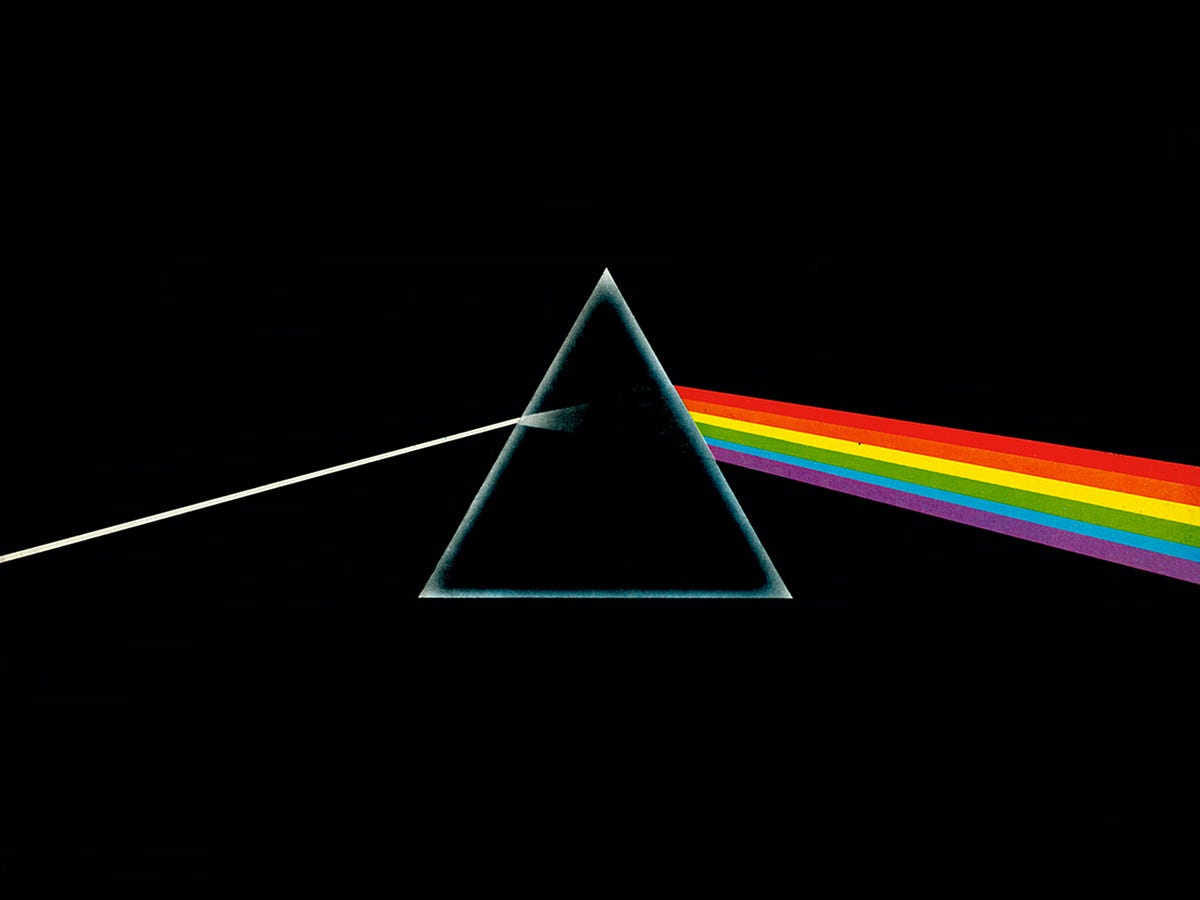People with bipolar who take medications often pace back and forth, tap their feet, or do other repetitive motions. I certainly do. Here are a couple of solutions to turn the psychomotor agitation into productivity.
1. Meditate as you pace
One thing I like to do is to say a mantra while I'm having the psychomotor agitation. That way at least I can be somewhat mindful during this time. Try not to pace erratically but make it a little more organized
2. Go for walks
I love to go for walks, and it's useful to actually go somewhere with your need to pace back and forth. You may find exploring to be quite fun.
3. Try qigong walking
It looks ridiculous but it's quite absurdly entertaining. It may be a little tiring to do a special kind of Tai Chi or qigong walk instead of a regular pacing step, but it can make your pacing more productive.
4. Slow down
This is similar to #1. If you can take a full breath with every step, or recite a full "Om Mani Padme Hum" you can turn pacing and psychomotor agitation into walking meditation. Just for today, walk slowly.
5. Listen to a foreign language YouTube or other instructional audio while pacing
This one is pretty self-explanatory but if you are learning while you pace, you're basically just studying on the move.
6. Read a book while pacing
If you don't get motion sickness, reading and pacing is a good idea. Here is a link that discusses the optimal way to do this:
https://bookriot.com/2017/06/01/dos-and-donts-of-reading-while-walking/
It says for example to only do this in private, and to feel OK doing it. If you pace until you pick up a book, then put it down to pace, you won't read nearly as much. Reading is a good thing.
Those are the six main steps to making your pacing more productive, but another way to decrease the desire to pace and also to be less agitated is to massage your own legs. Just look up a YouTube video or article about self-massage and that may help. Also note that standing is a sign of reverence, so unless you revere the people around you don't hover over them.



:max_bytes(150000):strip_icc()/AndyKaufmanWrestling-56fd38465f9b586195c010d1.jpg)
/cdn.vox-cdn.com/uploads/chorus_image/image/62232559/Public_Affairs_Events___12_06_38_PM___12_08_23_PM___10_46_10_AM.0.jpg)

